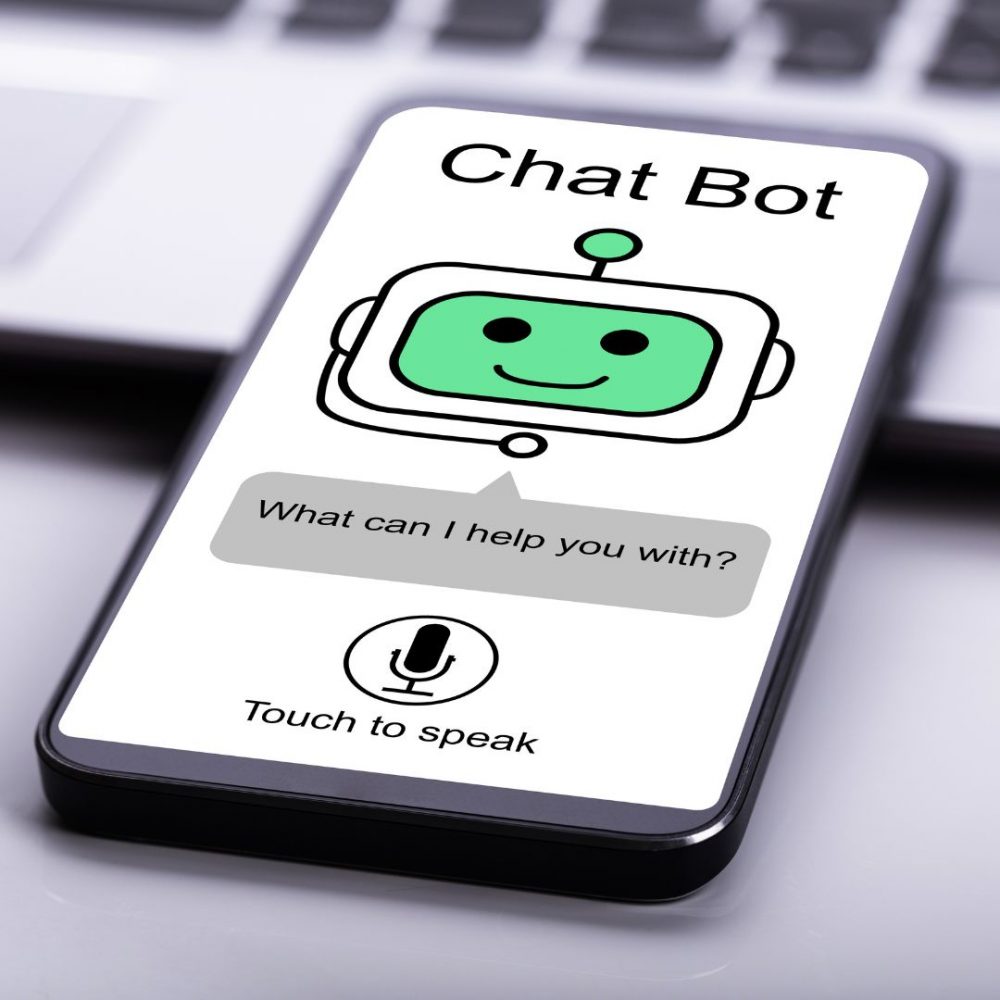Businesses are always looking for new ways to make use of their data to make better decisions and provide customers with better services in today’s data-driven world. Businesses are always looking for new and creative ways to use data they gather to achieve better decision-making or to offer customers better experiences. For instance, chatbots connected to databases are one of these innovative solutions. Such an integration simplifies not only data access and analysis but also enables end users to communicate with data more naturally and effectively. This article explores the advantages as well as how they can be applied or put into action.

What is a Chatbot?
A chatbot refers to a form of computer software that operates on the internet and utilized for chatting. Chatbots are computer programs that simulate conversation with human users over the internet thereby enhancing effective cognitive learning, text processing, and computer science. These software applications enable any individual who accesses them via websites or other medias like whatsapp or Facebook messengers to carry out different types of conversation i.e. text based, verbal or even audio-only communication, among others.
What is Data Warehouse?
A data warehouse is the place that centrally stores huge stale data from various places; it is meant to be a platform for questioning, and thereby being a distinct sight through which any business can see its information so as to prepare reports, carry out business intelligence (BI) and make decisions. By using data warehouses, firms have been able to bring together information received from different computers within an organization so that cleaning, transforming to simpler forms and even analyzing them for decision-making can be done.
Benefits of Integrating Chatbots with Data Warehouses
- Enhanced Data Accessibility
- Real-Time Insights
- Improved Efficiency
- Personalized User Experience
- Scalability
Use Cases of Chatbot Integration with Data Warehouses
- Customer Support:
- Clients who use chatbots may wish to know whether their orders are already placed. And they can easily obtain this information by communicating with chatbot which will make request withdrawals to the data warehouse and then respond accordingly.
- Sales and Marketing:
- Chatbots can provide sales and marketing teams with real-time sales data, customer demographics, and campaign performance metrics. This immediate data access facilitates making data driven decisions and optimizing marketing strategies.
- Human Resources:
- Chatbots can be used by HR departments for retrieving employee data, generating reports as well as answering employee questions concerning matters involving payroll, benefits and leave days. Through this, the workload is lightened for those working in human resources.
- Finance and Accounting:
- Chatbots have the potential to help the organizations finance departments with real-time financial reporting as well as budget summaries and monitoring of expenses. It is this immediate retrieval of financial data that keeps records precise and makes sure that they meet the required standards.
- Healthcare:
- Chatbots in the healthcare industry have the capability to retrieve patient data, medical records, and appointment timetables stored inside the data warehouse; thus, the connection between them enhances high quality service provision to patients through making sure medics get instant access to crucial data.
The combining of chatbots with data warehouses is such a powerful method used in democratizing data access in addition to enhancing data-driven decision-making within the organization which is empowered. Not only does this combination increase efficiency and productivity but also benefits the end user by giving them an individualized and real-time experience . This means that as long as AI as well as data technologies are ever-changing, it is possible that chatbot plus database service will be merged even more widely in future
Add a Comment